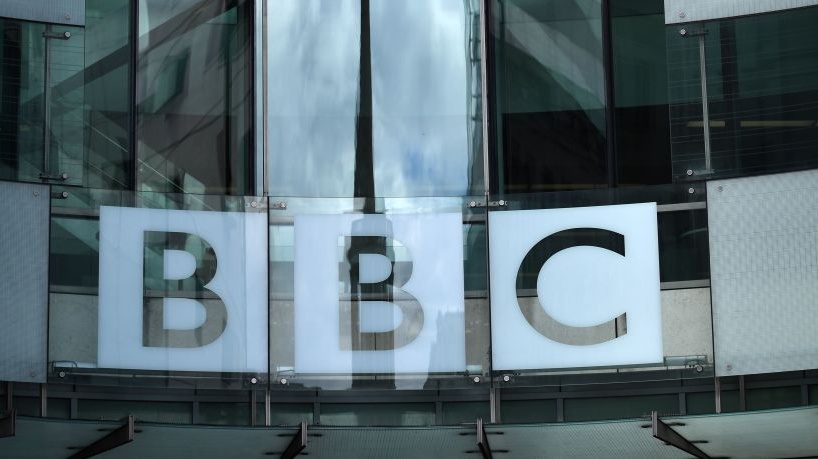A Black radio host walked away from his BBC job after the British broadcaster aired footage of a reporter reiterating the racial slur she heard during a video.
According to Deadline, BBC Radio 1xtra host David Whitely, also known as DJ Sideman, announced that he'd resigned from his position via Instagram on Saturday. He said he understands that the change needed in these times requires time and process but expressed that he also expected more from the reputable broadcast company.
"The BBC sanctioning the N-word being said on national television by a white person is something I can’t rock with,” he said. “This is an error in judgment where I can’t just smile with you through the process and act like everything is OK. I’m happy working with organizations until we all get it right, but this feels more than getting it wrong.”
In a July 28 newscast, reporter Fiona Lamdin used the derogatory term in reference to an unprovoked attack on a Black healthcare worker, according to Deadline.
“Just to warn you, you’re about to hear highly offensive language because as the men ran away they hurled racial abuse, calling him a ‘n****r,” she said.
Yeah I’m a bit gobsmacked https://t.co/nCo3yCtxo3
pic.twitter.com/cUIzUzkLcu— laurellah ???? (@laurellah) July 29, 2020
On Sunday, Deadline reported BBC Director General Tony Hall apologized for airing the segment following widespread public outcry.
“Yet despite these good intentions, I recognise that we have ended up creating distress amongst many people," Hall said. "The BBC now accepts that we should have taken a different approach at the time of broadcast and we are very sorry for that. We will now be strengthening our guidance on offensive language across our output."
Up until Hall’s apology, the BBC supported Lamdin’s decision to mention the slur and said it was approved by senior editors, per Deadline. The company reversed its stance after receiving 18,656 complaints, staff criticism and Whitely’s resignation.
In its statement, the BBC explained that there was a strategic approach to permitting the use of the slur.
“The decision to use the word was not taken lightly and without considerable detailed thought: we were aware that it would cause offence,” it wrote. “In this specific context we felt the need to explain, and report, not just the injuries but, given their alleged extreme nature, the words alleged to have been used, a position which, as we have said, was supported by the family and the victim."
Despite its intentions, Whitely said he can no longer support the BBC and leaves with a great deal of remorse about how the situation was handled.
“With no apology, I just don’t feel comfortable being aligned with the organization," he said. "I’ve loved my time there, I’ve got to work with some amazing people and made lifelong friends and had great opportunities. But money and opportunity doesn’t outweigh the dissatisfaction I feel with this situation."
